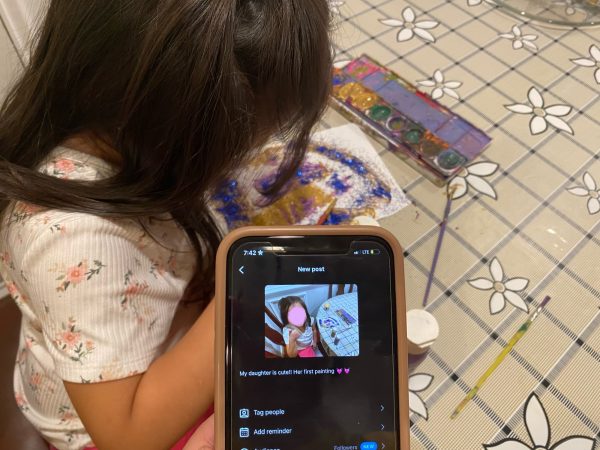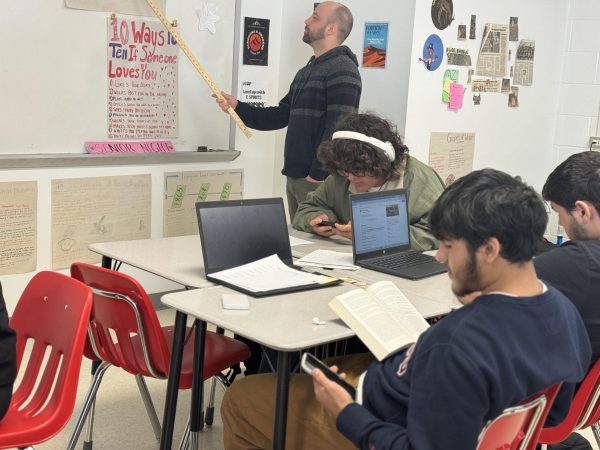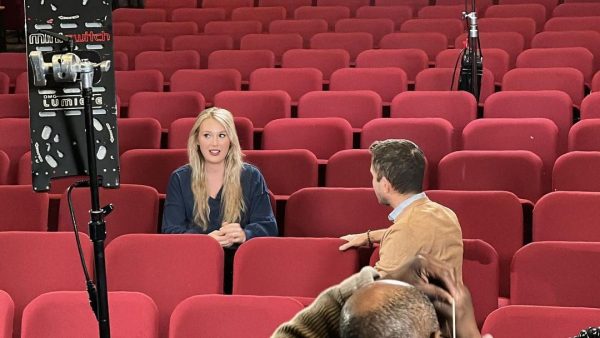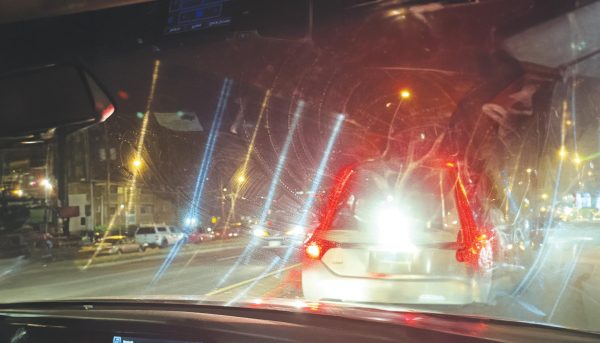Campus safety questioned
Recent events cause students to rethink college decisions

Senior Kara Hoisington woke up in the middle of the night to a text message that she had gotten in a group message for her travel softball team.
The message had a link to an article that said that a former teammate of theirs, now at the University of Virginia, had gone missing. That teammate’s name was Hannah Graham.
Along with the disappearance and murder of Graham, recent developments and concern about sexual assault on campuses have led to more and more students reconsidering the choices that they are making when they apply to college.
“It obviously hasn’t just happened at UVA,” Hoisington said. “Other schools, hundreds of schools, have had things like this happen on their campuses, and it’s something that people need to take into consideration when applying to schools.”
Across the country, colleges and universities are beginning to be spotlighted, not only for the violations of campus safety that are happening, but also for the way that the administration is handling the situations.
For example, at Columbia University in New York City, New York, a student, Emma Sulkowicz, has committed to carrying her mattress around with her until the school expels the student that she claims raped her during her sophomore year.
These are just two isolated cases of schools failing to uphold the standards that are put in place. The reality of it is that this is not an issue that is just now becoming relevant.
NATIONAL
According to the organization One In Four, one in every four women in college has reported surviving rape or attempted rape at some point in their lifetime. This statistic has remained the same since the 1980s, proving that there has not been enough conversation about this issue to lower the rates.
The organization also states that one in 20 women and men report experiencing sexual violence other than rape.
Usually these crimes of sexual harassment or rape occur during the first few months of school. A reason why this trend may be happening is because some new students feel pressured to join parties where drinking or drugs tend to be involved. Alcohol and drugs can inhibit a person’s thinking and may cause them to make decisions that they usually would not make if they were sober.
Many freshman students are starting college without a lot of experience keeping themselves safe while away from home.
“Obviously, being away from your parents for the first time and doing things on your own, you have to figure out what’s safe and what’s not by yourself. There are police officers there, but it’s really up to you and having to trust the people around you,” Hoisington said.
Students cannot rely on campus security to keep them safe at all times, because many of the stories surfacing now about rapes on campus stem from parties that may be located outside the immediate grounds of the school. Being in a new area and not knowing the dangers can have devastating effects.
Many websites dedicated to providing information about colleges around the country will usually list the type of safety measures taken at that school. In College News, website visitors can learn if the campus has on-campus security that are there to either help students find their way back to their dorms when it is dark or create a safe atmosphere.
LOCALLY
At AHS, many people do not see the recent developments on college campuses as that huge of a problem, with only 20 percent of the sample size of 225 juniors and seniors stating that they changed their opinion of certain colleges after events like this happened.
However, there are also people who did not change their minds based on events.
“These events haven’t affected my decision to apply to UVA at all,” senior Richard Manahl said. “I still want to apply there, and it’s still probably my number one choice. My sister goes there, and whenever I visit there I just love the campus and the life.”
While there are many discrepancies surrounding the most recent case of campus safety violations at the University of Virginia, and regardless of the validity of the article published by Rolling Stone, sexual assault on campuses and campus safety in general are prevalent issues affecting American society and they need to be addressed, something Rolling Stone has begun the process of.
“I am actually glad the information is out because i think its going to help both men and women who have been victims of sexual assault to feel more confident in speaking out and hopeful that they are going to get the help that they need,” school Psychologist Anne Brosnan said.
Because there has been such a small amount of conversation, many students do not feel the need to do further research about the area they are moving to or how many cases of rape or sexual harassment happen on campus.
“It [campus security and safety] hasn’t really been a factor for me when deciding schools,” Manahl said. “When I’ve visited campuses I’ve seen the emergency alarm systems that can call the cops and everything, and I say to myself ‘Oh that’s a cool addition,’ but I focus more on extracurriculars and the majors that I am interested in.”
The afterward effects and trauma of rape or sexual harassment can be devastating to a person’s life.
According to Rape, Abuse & Incest National Network (RAINN), rape can cause post-traumatic stress disorder, depression which can lead to suicide and may lead some to substance abuse to deal with the trauma.
“I think that psychologically rape can be almost like a reaction to a very stressful events. It can develop almost like a post traumatic stress reaction,” Brosnan said. “It can cause people to become extremely anxious they can avoid certain situations, avoid certain people sometimes people blame themselves they can become depressed it can affect their eating habits, their sleeping habits it can affect their concentration”
RAINN also cites depression, self-harm and substance abuse as effects of rape or other forms of sexual assault.
In order to eliminate the taboos associated with the subject of rape and sexual assault, it is important to acknowledge the stigma that American society has for victim blaming and undermining the severity of this issue.
“We need to create a culture of acceptance and support for people to speak out,” Brosnan said. “Letting them know that they’ll be heard and also believed you know that they will be taken seriously is essential to providing this environment.”
“People need to respect themselves and others. Don’t ever think that it’s your fault for being raped,” Hoisington said.

Jarod is a senior at Annandale High School and has been with The A-Blast for four years. Aside from being the Co-Editor in Chief, Jarod also participates...
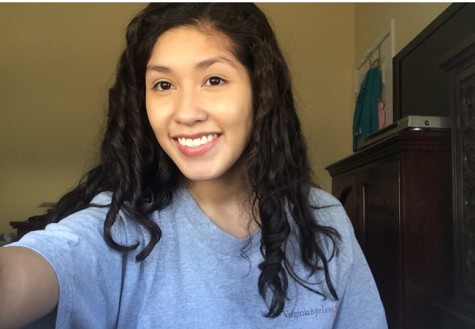
Berta is currently a senior. She has been on The A-Blast since her freshmen year and was first an Academics Editor during sophomore year and then became...




